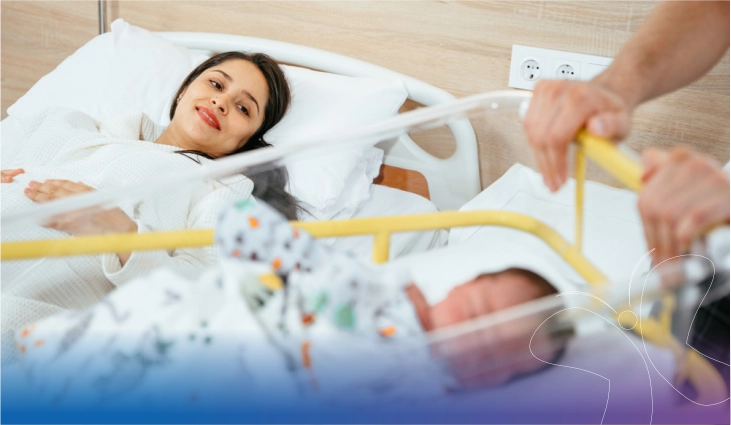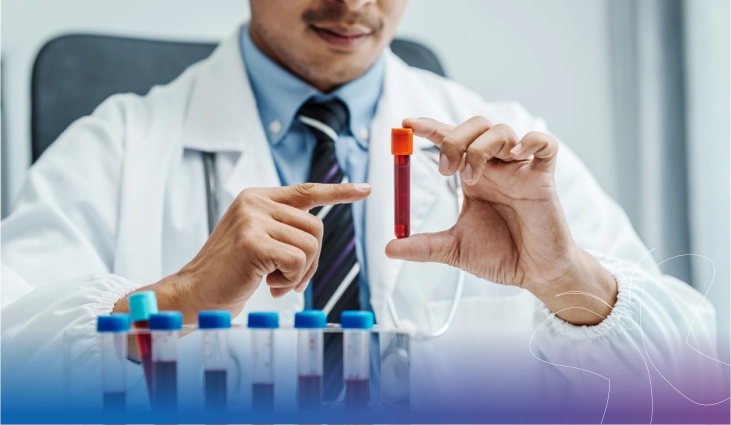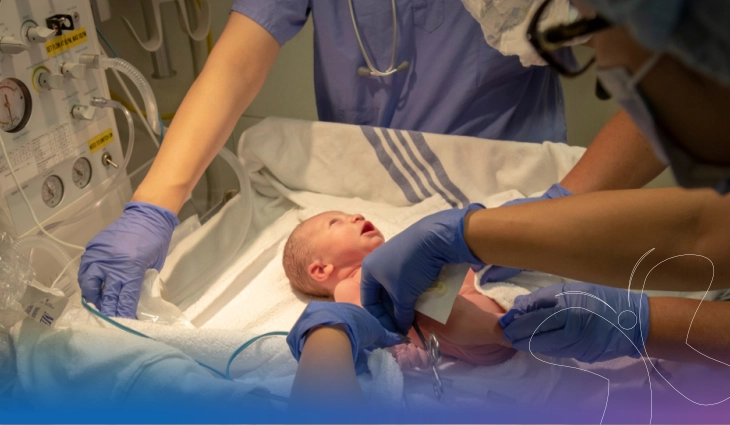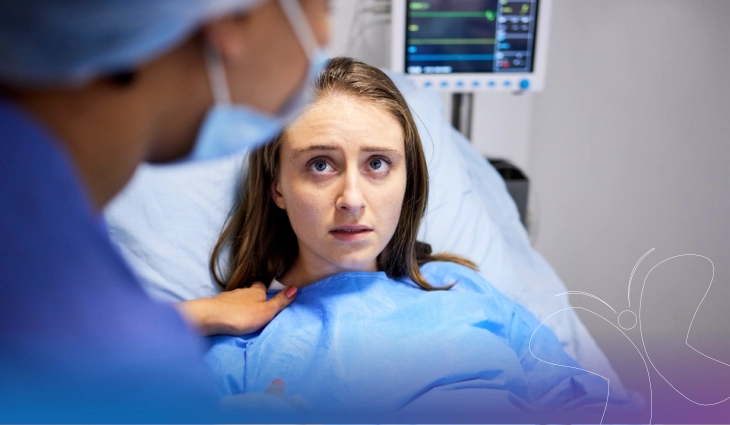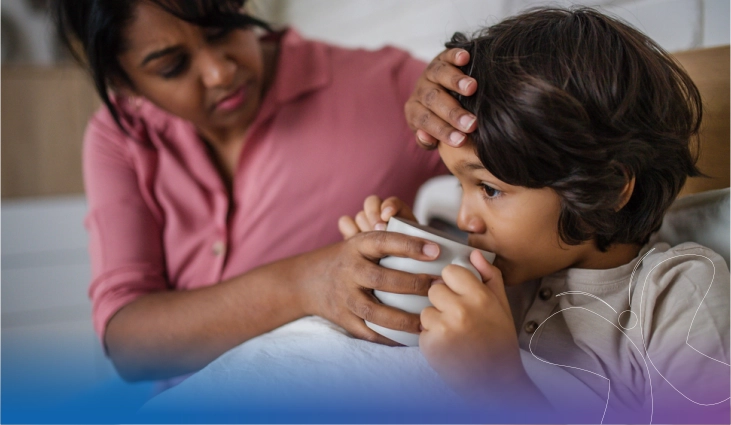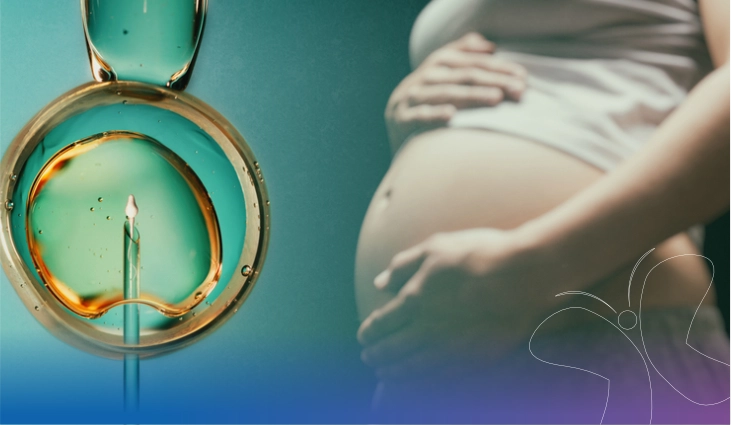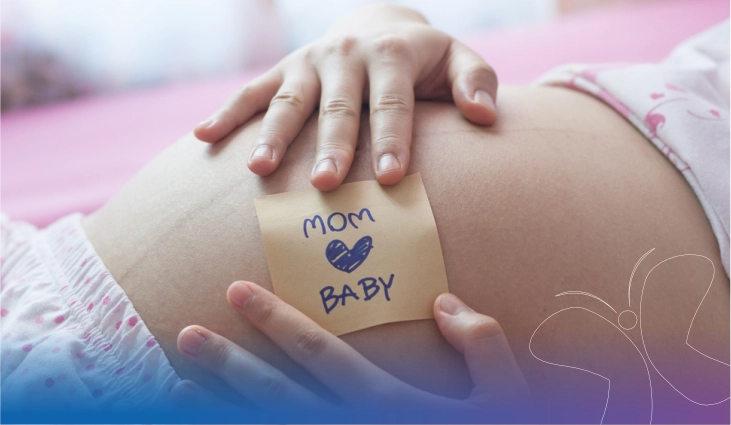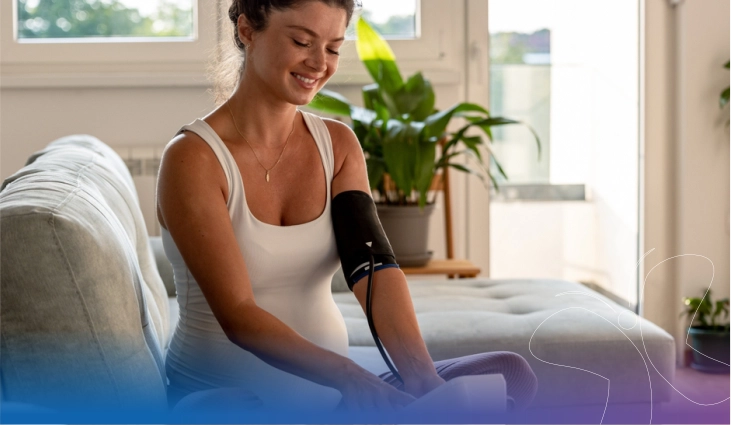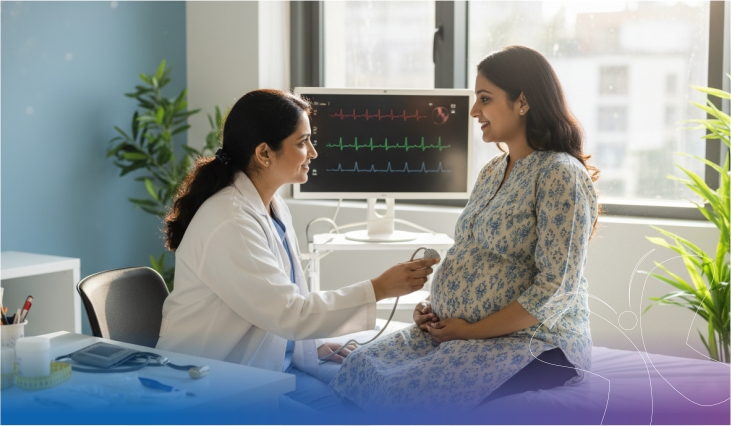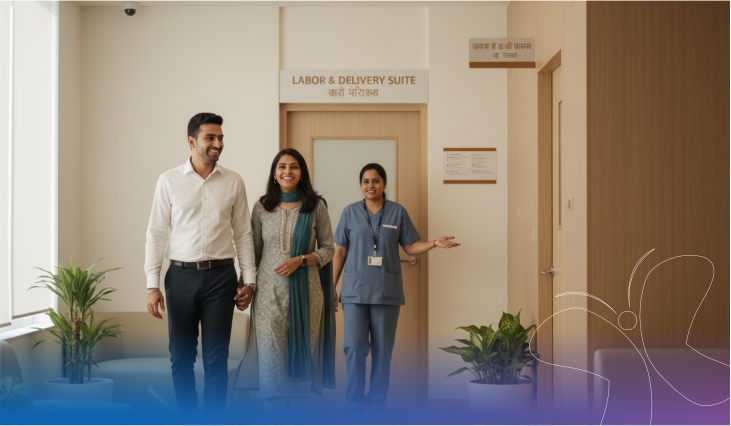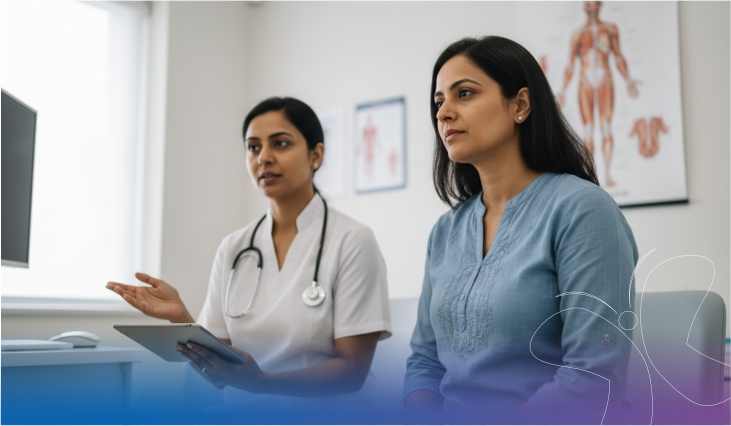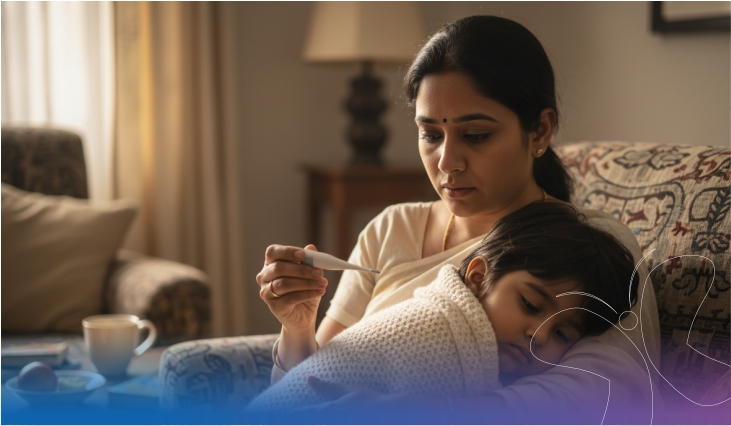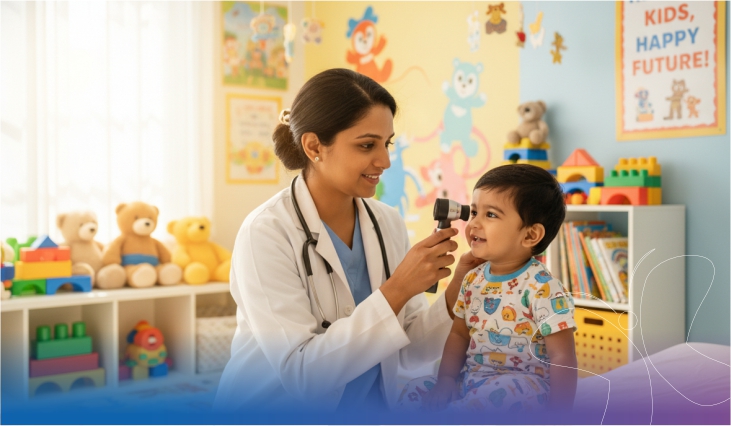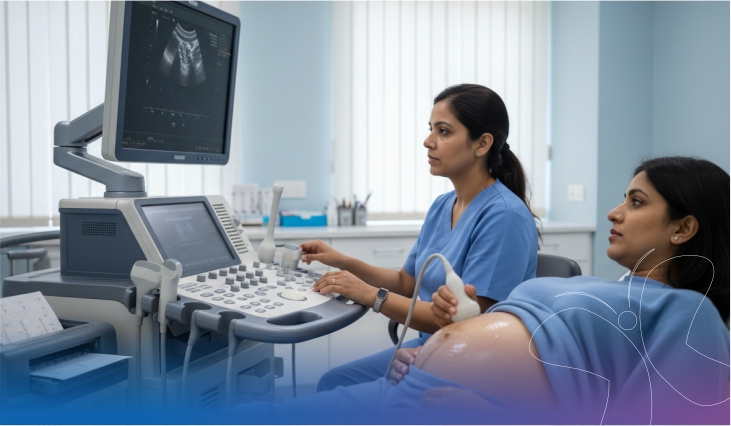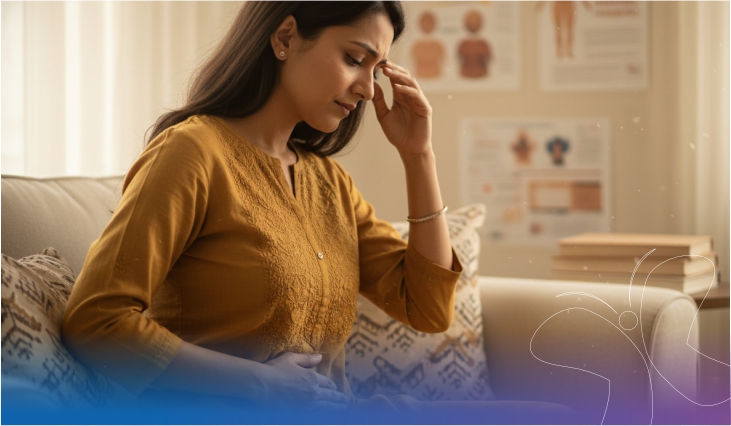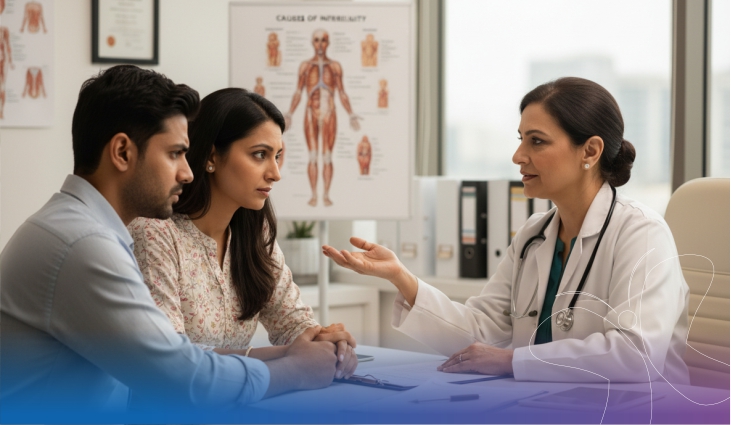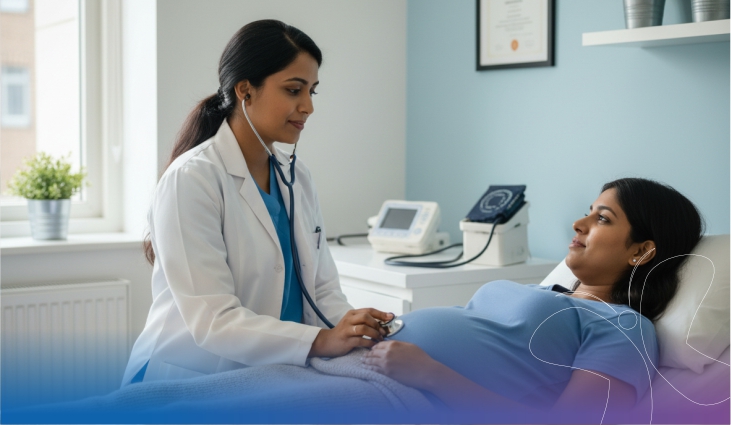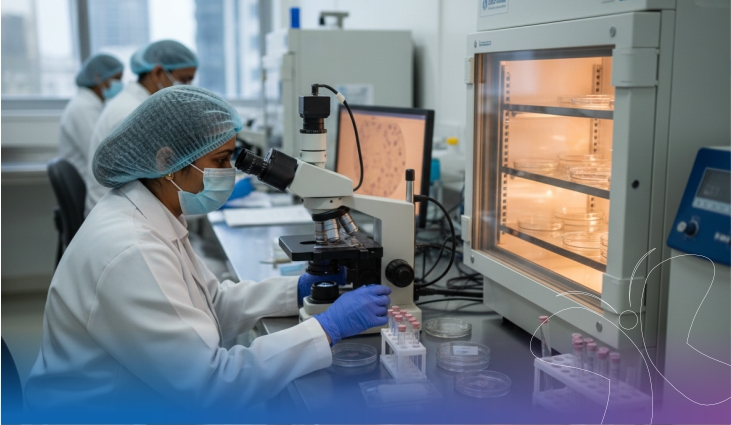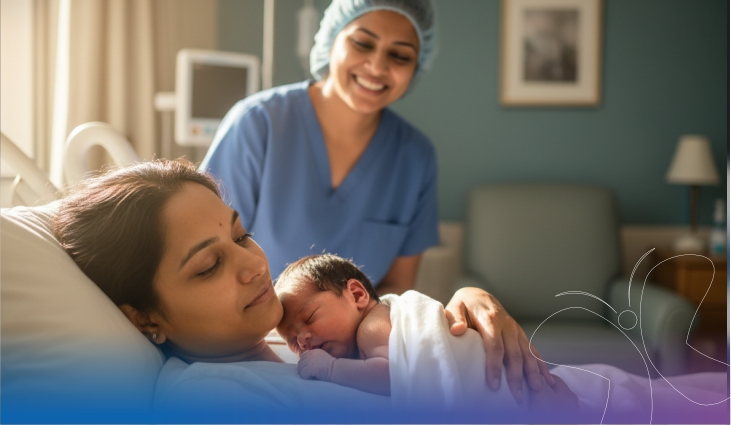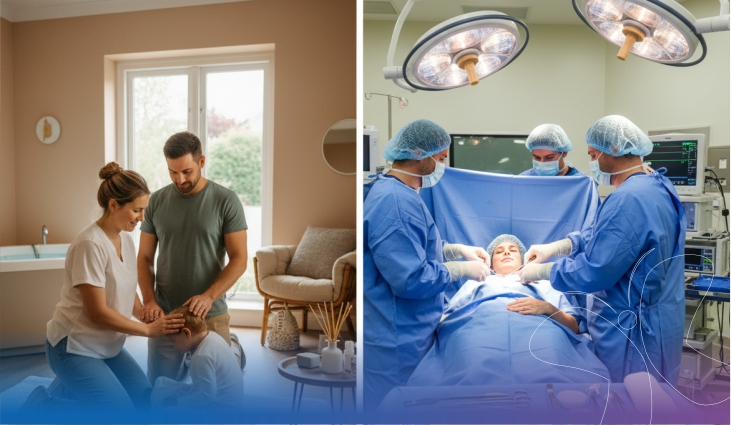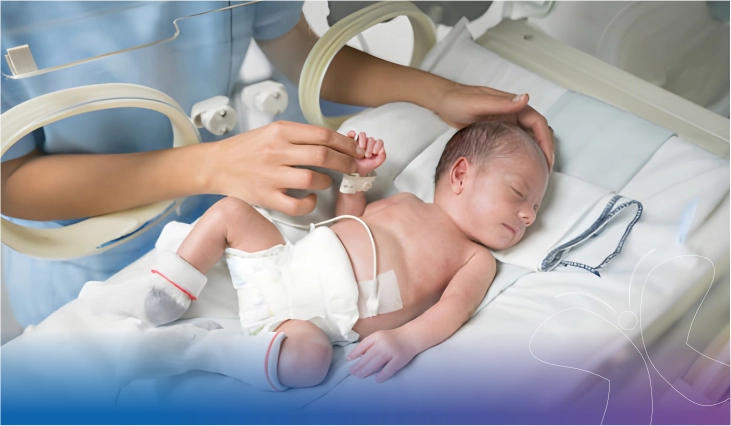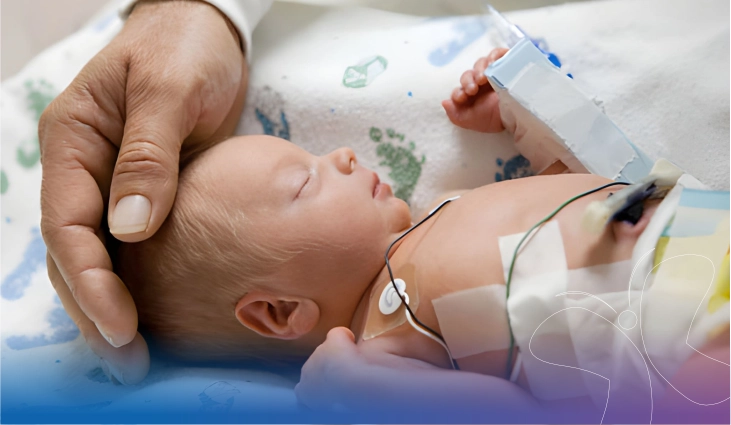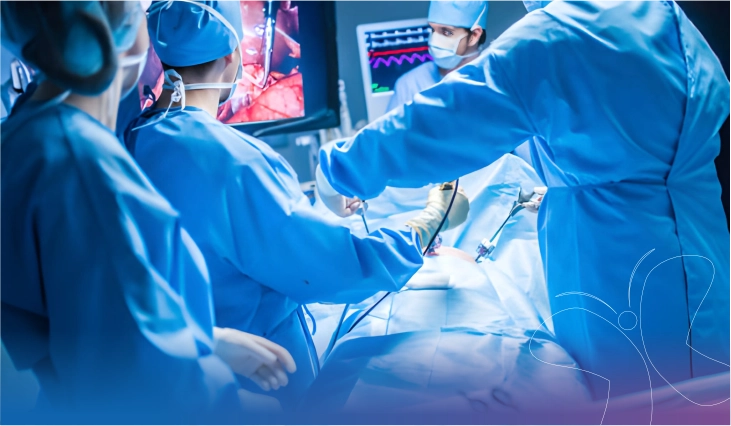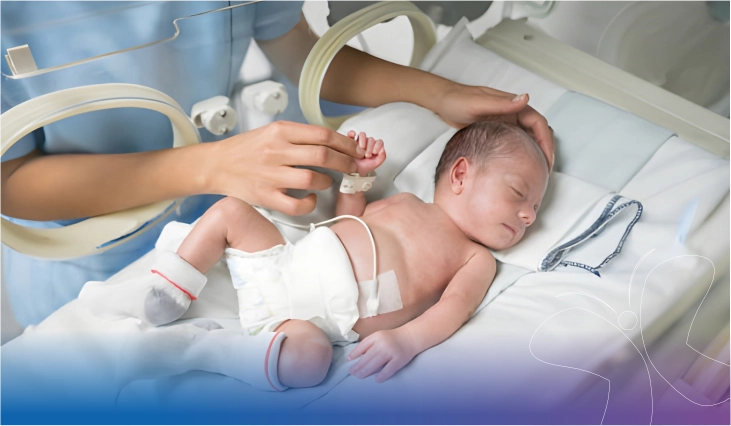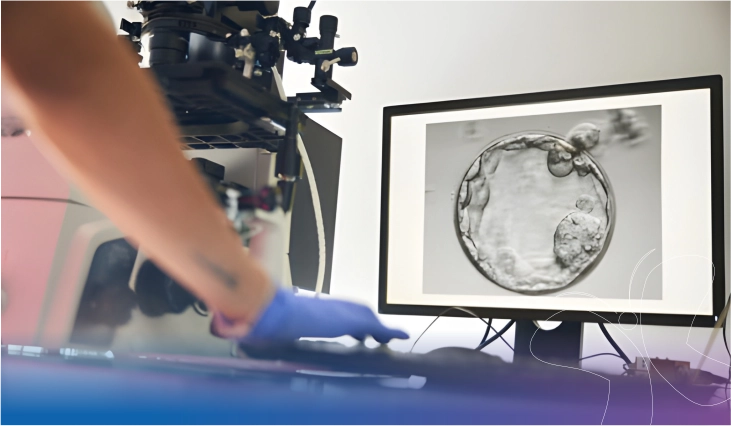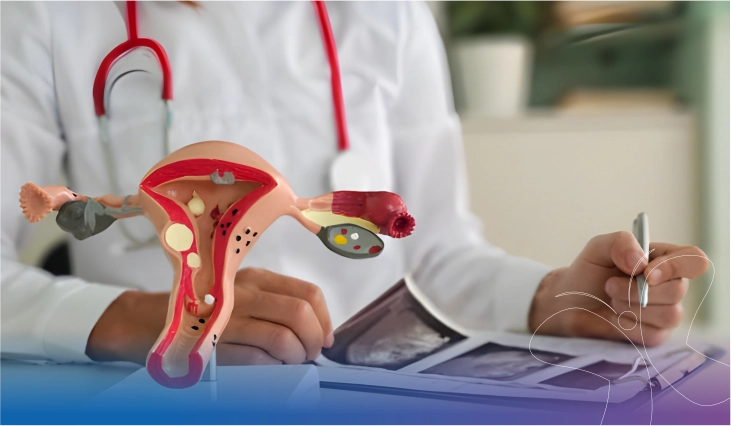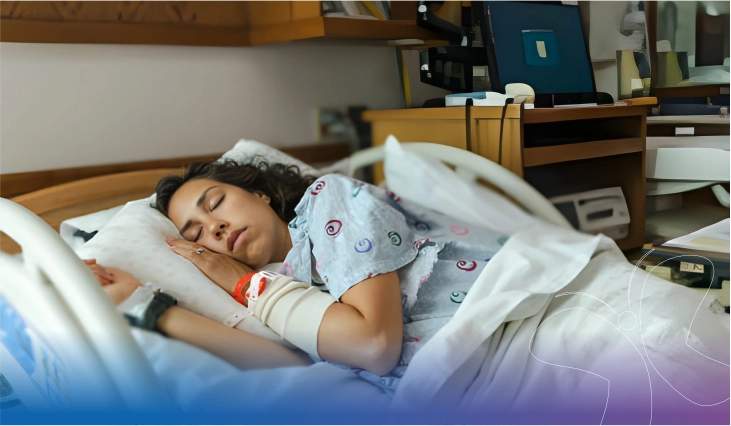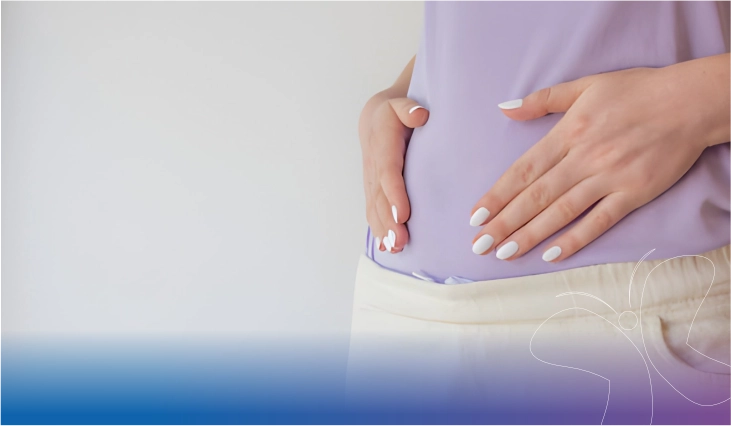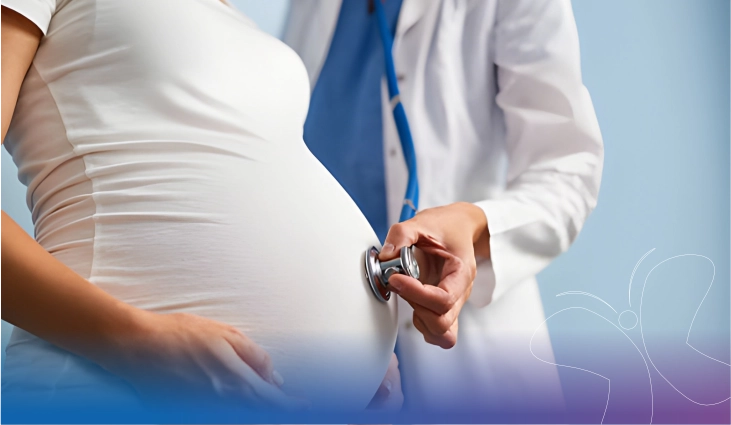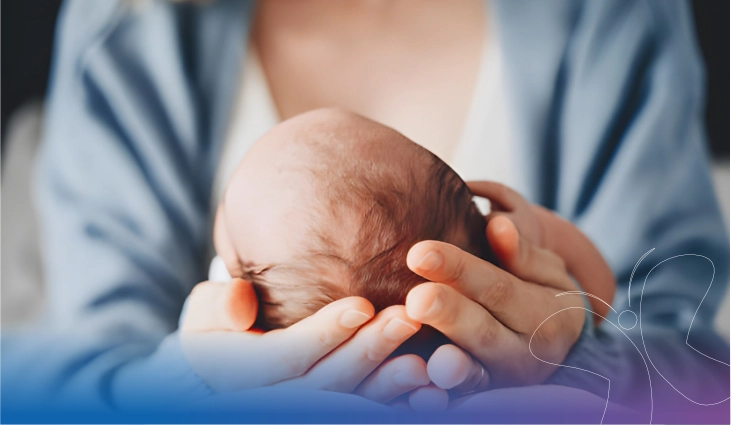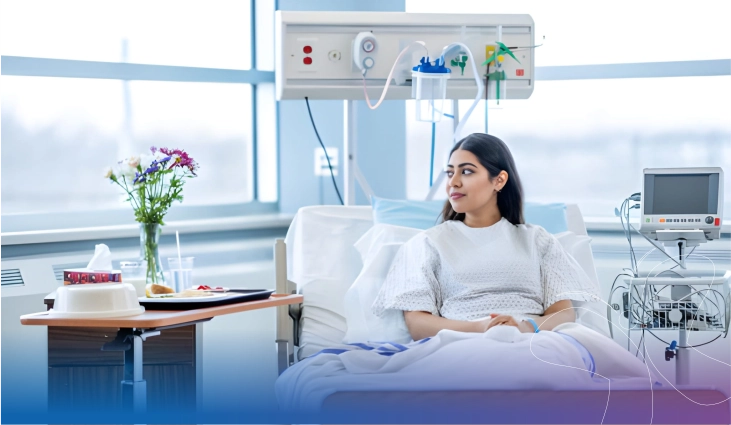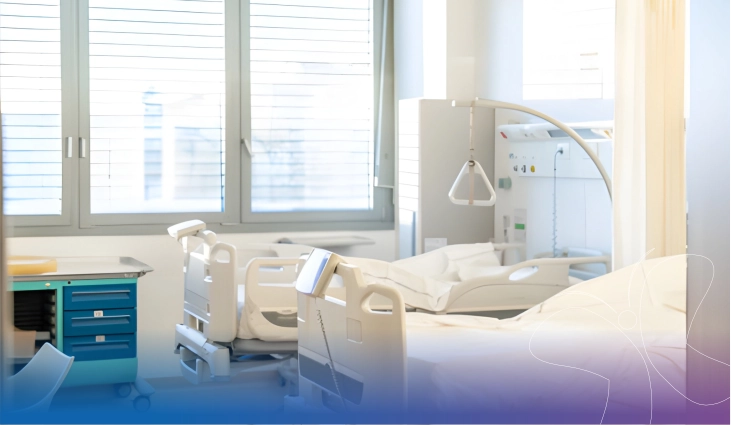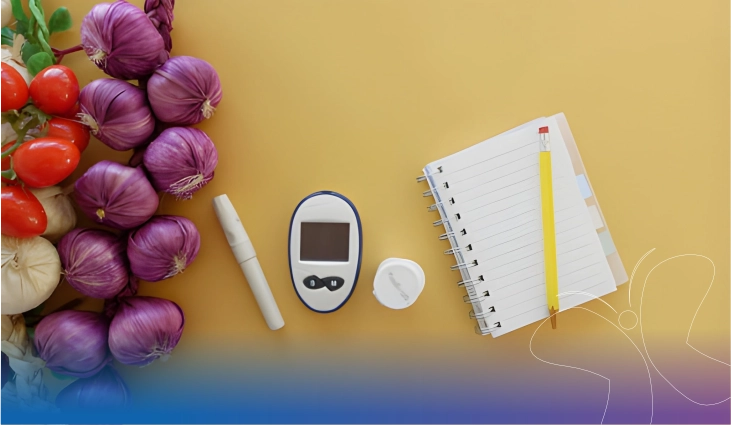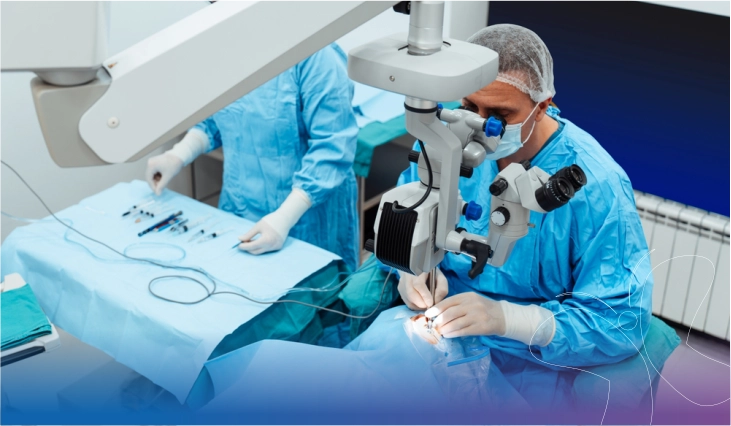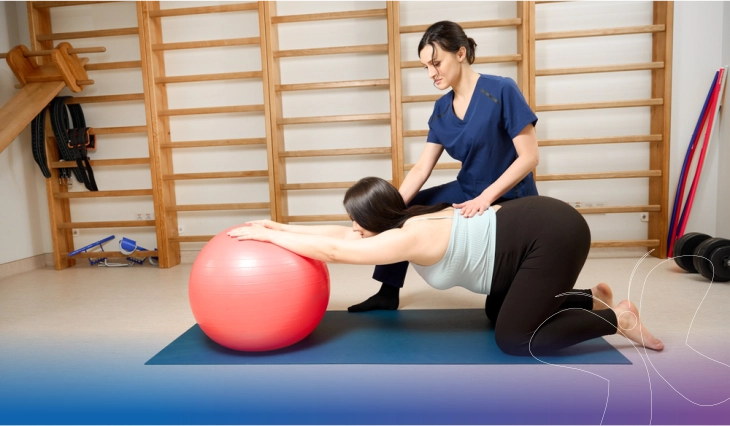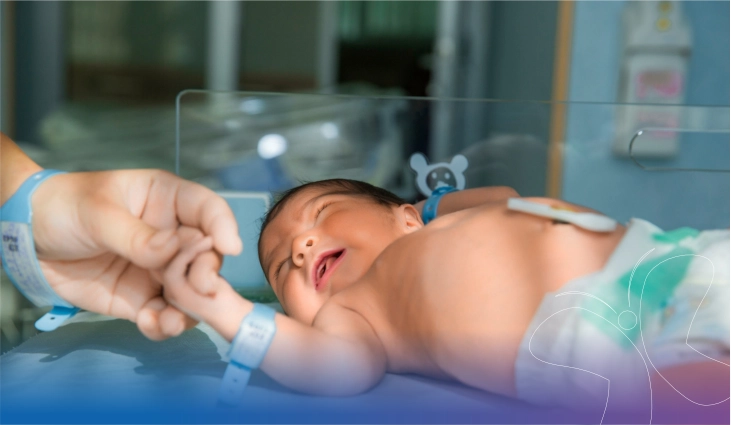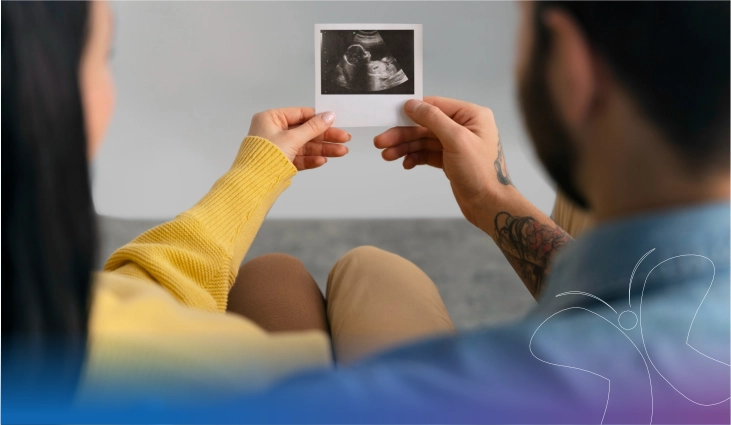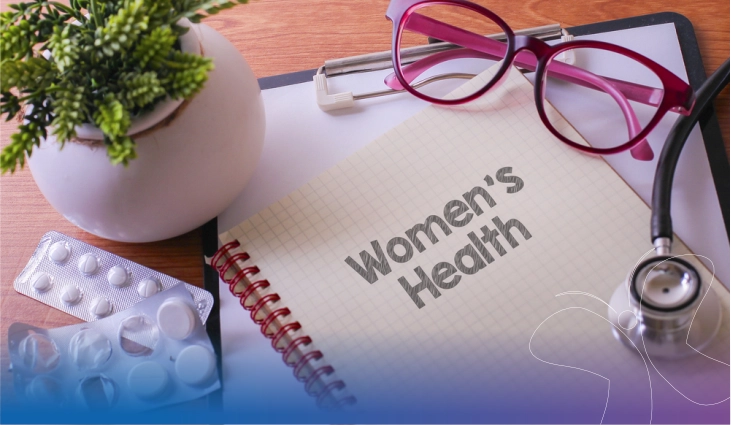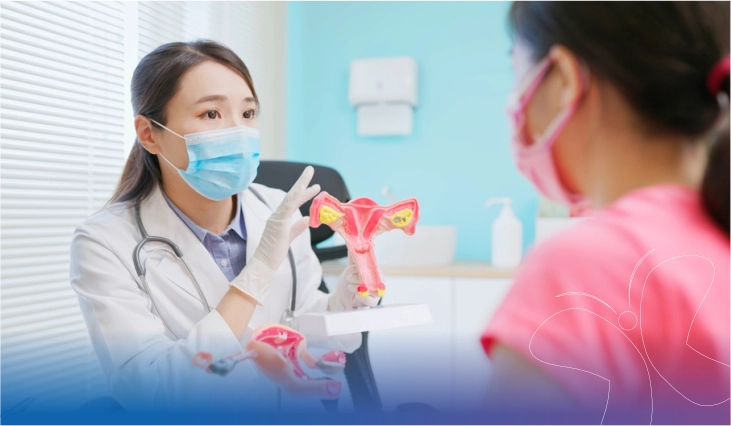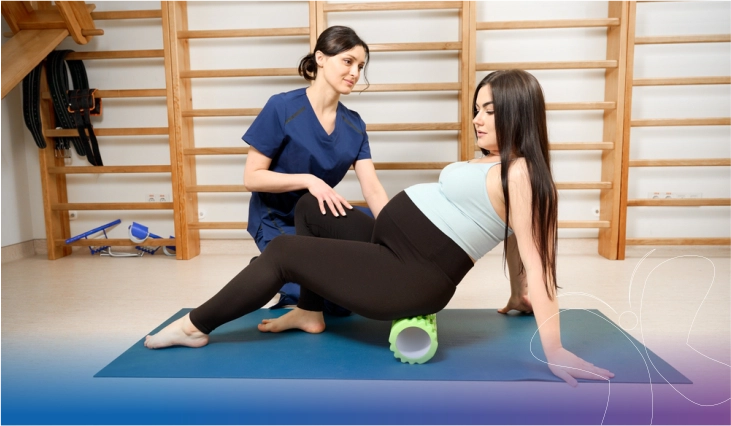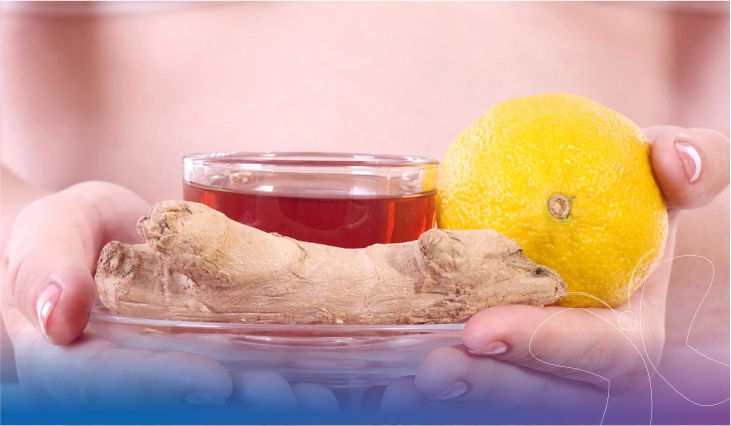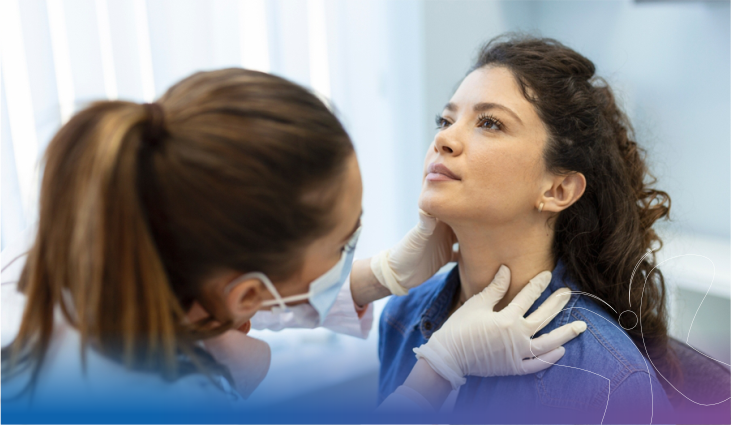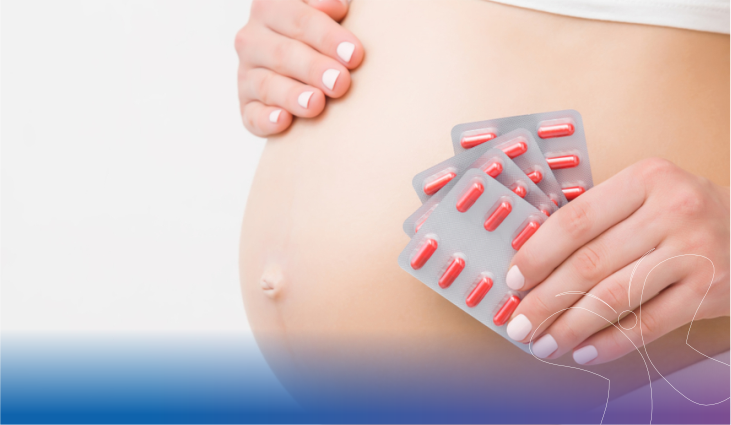Your life changes when you have a baby. For every mother, giving birth marks the start of a new journey. It changes her body, psyche, and manner of life in a lot of ways. People talk a lot about pregnancy and childbirth, but the time after giving birth, which is frequently termed the postpartum phase, is just as crucial for a mother's health and recovery. Moms can get their strength back and feel good about their new position if they take care of themselves after giving birth.
In this post, we'll talk about some vital things to do after having a baby, stress how important it is to get medical advice, and explain why it's necessary to find the right best gynecology clinic for your long-term health.
1. Getting in better shape after delivering a kid
Giving birth, whether through a vaginal birth or a cesarean section, is quite hard on a woman's body. After giving birth, the body requires enough rest, food, and medical care to heal. Some common health problems are:
- Healing of the vagina: If you had a vaginal delivery, sutures or pain in the perineum may take a long time to go away. Taking care of yourself and getting enough sleep is very important.
- Women who have had a C-section need to be very careful with their cuts and not do too much to avoid having an infection.
- Bleeding (lochia) is typical after giving birth and can linger for weeks. The uterus could also tighten up. Over time, the uterus gets smaller and smaller until it is the same size as it was before the pregnancy.
Regular visits to the gynecologist can help you keep an eye on your recuperation and catch any problems early. If you choose a doctor who has experience with High-risk pregnancy care, you may be sure that any problems that come up after the baby is born will be treated by a specialist.
2. Food and water
After giving birth, a mother's body needs more nutrients, especially if she is breastfeeding. Eating meals that are balanced and full of protein, fiber, vitamins, and minerals will help you get better faster and make your immune system stronger. Meals that are high in iron help replace blood that was lost during birth, while meals that are high in calcium help keep bones strong. Getting adequate water helps you get better and also helps you make milk.
Dieticians at the Best gynecology clinic frequently make individualized meal programs that fill in any nutritional gaps while also taking into account the mother's lifestyle and cultural preferences.
3. The health of the mind and emotion
Mental health is just as vital as physical health after having a kid. Many women get the "baby blues" because their hormones change, they are tired, and they have to learn how to do new things. You can have postpartum depression if you feel unhappy, angry, or withdrawn for a long time after having birth.
4. Help with breastfeeding and nursing
Breastfeeding is great for both the mother and the infant. But it can also be hard at times, such as when the baby can't latch on, the mother's nipples hurt, or she worries about how much milk she has. Professional lactation consultants are especially important for helping new moms with these problems and making sure that nursing is a good and healthy experience.
Hospitals and clinics that specialize in High-risk pregnancy care frequently give full lactation aid in addition to their postnatal care.
5. Working out and staying in shape
Light activity following the first recovery phase is good for circulation, building muscle, and lowering the risk of problems after giving birth. Moms can slowly get their energy back by doing things like walking, doing yoga, and working out their pelvic floor. Before starting any form of workout program, you should go to a gynecologist to make sure your body is ready.
6. After having a kid, you should see the doctor a lot.
You should see a reliable gynecologist often to check on your physical recovery, manage your pain, and deal with any problems that may come up, including infections, too much bleeding, or hormone difficulties. You don't have to worry about talking about family planning, your period health, or other women's health issues at these check-ups.
If a pregnant woman has gestational diabetes, high blood pressure, or gives birth too soon, she needs to be observed more closely. Finding a clinic that specializes in High-risk pregnancy care is particularly vital in these cases to make sure that both the mother and the baby stay healthy in the long run.
7. Making the area useful
Without the correct help, it could be too hard to get through the postpartum period. Family members, especially partners, are very vital for helping women relax, heal, and get adjusted to their new lifestyles. Doing simple things like sharing tasks, making sure everyone eats nutritious meals, and being there for each other may make a significant difference.
It's not just about caring for the mother's body after she has a baby. It's also about helping her get stronger, making sure she knows you're there for her at this significant change in her life, and taking care of her health in general. Every step of the way to becoming a mother, from eating well and getting help with breastfeeding to getting mental health treatment and medical counsel, makes you healthier and happier.
Flowrence Hospital has expert gynecologists, state-of-the-art facilities, and services that are caring for mothers at every stage of their lives. Flowrence Hospital is dedicated to provide the Best gynecology clinic for mothers who need trustworthy care after giving birth, whether it's normal postnatal care or High-risk pregnancy care.




